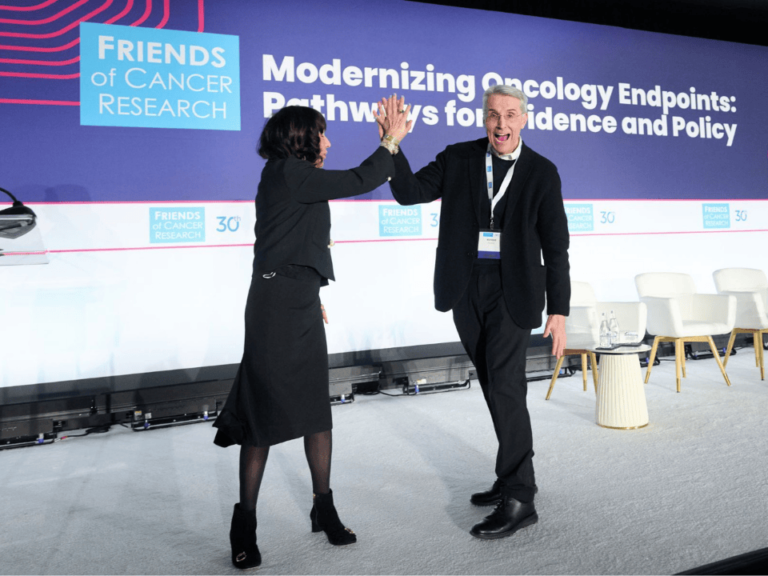In 1999, Richard Pazdur, a GI oncologist at MD Anderson, saw an FDA recruitment ad in The New England Journal of Medicine. The agency was looking for a director of the FDA Division of Oncology Drug Products.
To access this subscriber-only content please log in or subscribe.
If your institution has a site license, log in with IP-login or register for a sponsored account.*
*Not all site licenses are enrolled in sponsored accounts.
Login Subscribe
If your institution has a site license, log in with IP-login or register for a sponsored account.*
*Not all site licenses are enrolled in sponsored accounts.
Login Subscribe








